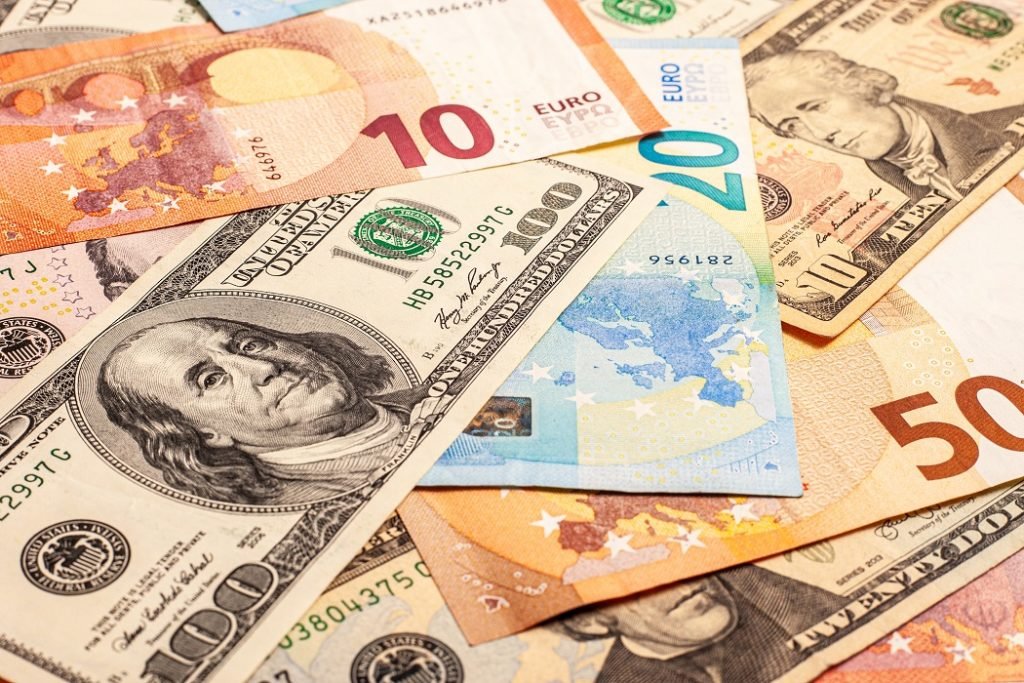SINGAPORE (Reuters) – The dollar clung to gains on Monday and the Japanese yen edged higher as softening U.S. economic data and rising global coronavirus cases kept investors cautious, while lockdowns and Italian political turmoil held the euro under pressure.
The euro dipped to a six-week low of $1.2066 in Asia and fell to a one-month low of 125.20 yen. The yen was last up about 0.2% at 103.70 per dollar and it also rose on the risk-sensitive Australian and New Zealand dollars.
The Antipodeans were soft against the greenback and the Aussie touched a one-week trough of $0.7679, while the kiwi hit a three-week low of $0.7117. [AUD/]
Better-than-expected Chinese economic data headed off further selling, but was not enough to shift currency traders’ mood.
The safety bid has added another layer of support for the dollar since the Democrats won control of U.S. Congress a fortnight ago, which triggered a surge in yields as investors priced in bigger stimulus from a borrow-and-spend Biden administration.
The mood soured after Friday data showed U.S. retail sales fell for a third straight month in December, stoking worries that the recovery is running into trouble as health authorities warned that the worst of the latest COVID-19 wave might be yet to come.
Europe is also facing surging cases and an Italian government that must survive crucial votes in parliament on Monday and Tuesday in order to cling to power.
The dollar index steadied after touching a one-month high and last traded at 90.827. Sterling on Monday sat near at a one-week low of $1.3567.
Nevertheless, many investors appear to be sticking in crowded dollar shorts, which hit an almost 10-year high last week, even though the bounce has carried the dollar index about 1.9% higher and pushed the euro more than 2% lower in two weeks.
“The market is in a bit of a wait and see mode debating about the dollar, in terms of whether higher U.S. yields could provide support or whether we see further decline,” said Bank of Singapore currency analyst Moh Siong Sim.
“I think the balance of risks is still in favour of a reflationary environment, and therefore risk sentiment should stay positive and we should see a further dollar decline.”
Elsewhere, the Canadian dollar slipped 0.2% after reports that Joe Biden plans to soon rescind permission for the Keystone XL pipeline, a project which would link oil sands in Alberta to refineries in Texas.
Later in the week, President-elect Biden is due to be inaugurated in a heavily-guarded Washington. Tensions are high after mob violence a few weeks ago.
Biden’s pick for Treasury Secretary, Janet Yellen, is expected to rule out seeking a weaker dollar when testifying on Capital Hill on Tuesday, the Wall Street Journal reported.
Reporting by Tom Westbrook; Editing by Shri Navaratnam and Kim Coghill



